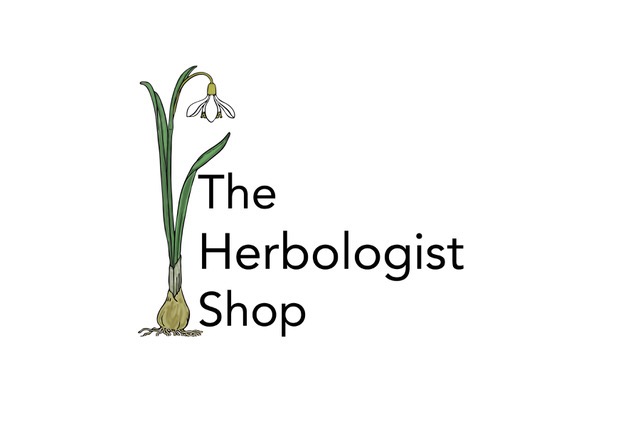Medicinal Mushroom Magic
- jodyehp

- Jun 19, 2020
- 3 min read

Mushrooms are some of the most fascinating organisms on the planet! Fungi (neither plant or animal) are responsible for breaking down waste into usable nutrients and recycling them back into the soil. The genetic makeup of mushrooms is more similar to humans than of plants. They can produce their own Vitamin D when exposed to sunlight and they provide key nutrients such as vitamin B, copper, selenium and potassium. Chinese medicine has been utilizing these fantastic fungi for centuries for their liver protecting, cholesterol lowering and anti cancer properties. Of the 270 known species of medicinal mushrooms, there are five that have extensive research.
Hericuim erinaceus (Lion's Mane) mushroom is a globe shaped fungus composed of icicle shaped spines that hang down. Lion's Mane can be used to help with treatment of esophageal and gastric cancers, promotes digestion within the GI tract, and protects the GI tract against toxins, inflammation and tumor formation. This special mushroom produces a bioprotein called Nerve Growth Factor (NGF) and myelin (insulation around nerve fibers). These are both critical for brain health and has shown to improve cognition, memory and concentration.
Ganoderma lucidum (Reishi) mushrooms have a beautiful woody texture with a shiny polished appearance. Reishi mushrooms have been extensively researched and have been commercially cultivated. Reishi enhances circulation in the blood and can lower cholesterol and blood pressure. They have shown to reduce liver enzymes in Hepatitis B patients and regenerate bronchial epithelium in patients with respiratory conditions. Reishi is also known as nature's Xanax. It contains the compound triterpene, which is a mood boosting component known to alleviate anxiety and depression while encouraging better sleep.
Coriolus versicolor (Turkey Tail) mushrooms are found growing in clusters on fallen hardwood trees and branches. They are multi-colored and fan out into wavy rosettes making it look like its implied name. Turkey Tail has been used to fight against cervical, esophagus, stomach and lung cancers and can help balance the body after radiation therapy. It has been known to lower cholesterol, and it contains polysaccharide-K (PSK) that boosts immune systems. PSK is an approved anticancer prescription drug in Japan and has data to show it improving the survival rate of cancer patients and improving the immune systems of those receiving chemotherapy.
Lentinula edodes (Shiitake) mushrooms were originally grown in mountain regions of Asia until they became the second most grown mushroom in the world. Not only does this fungus destroy cancer cells, support immune function and fight obesity, it contains a chemical compound that protects DNA from oxidative damage. Shiitakes are unique because they contain all eight essential amino acids along with linoleic acid (one of two essential fatty acids). It also contains phytonutrients that help the formation of plaque buildup, maintaining healthy blood pressure and improving circulation.
Inonotus obliquus (Chaga) mushrooms are grown on birch trees throughout the Northern hemiphere and have orange tissue that is surrounded by what looks like a clump of black mud. Chaga is known as a superfood as it contains a wide variety of vitamins and minerals. These mushrooms are known for lowering blood sugar, reducing chronic inflammation and they supply the body with enough antioxidants to help slow the aging process. Chaga is another fungus that fights against cancer cells and boosts immune systems but it also supports a healthy gut microbiota.
Consuming mushrooms on a regular basis can boost, balance and supply your systems with the necessary tools it needs to live a long and healthy life. Besides eating them on top of your pizza, you can also drink them in your tea or coffee, or if you don't like their flavor, you can take them as supplements! I personally take Turkey Tail on a daily basis just to keep my immune system in tact. In this uncertain time there is one thing that is certain. We must maintain our health and be mindful of our wellbeing.
Take good care,
Jody



Comments